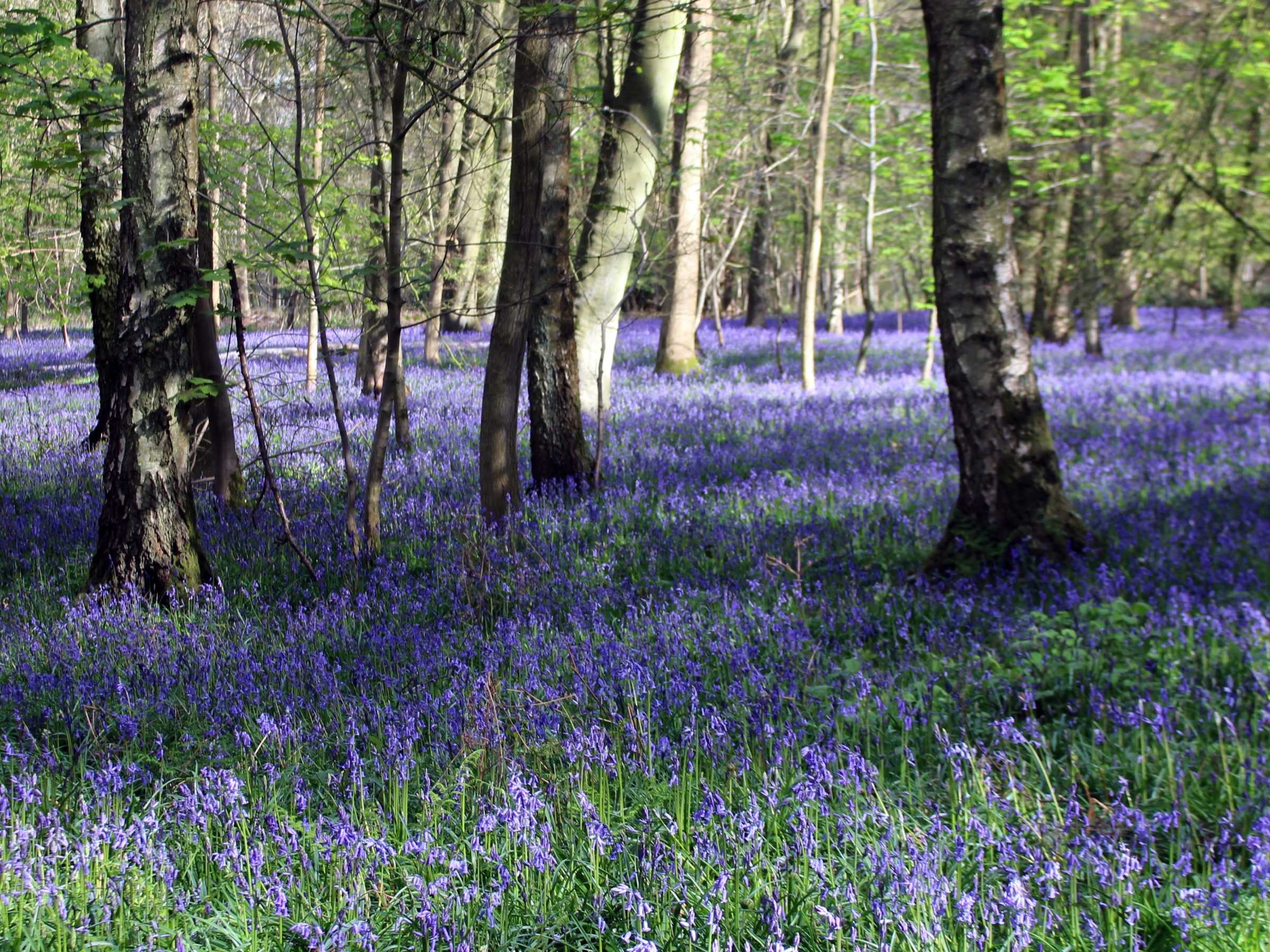Sustainability

The fourth installment of guest essays on the Convivium Principles is by The Revd Dr Zachary Guiliano, an associate editor of The Living Church and a deacon of the Church of England serving as assistant curate at St. Bene’t’s Church, Cambridge.
In the opening chapters of Genesis, we read of how God makes the world, a world teeming with life: the sun, moon, and stars; swarms of creatures filling earth, sea, and sky; bounded domains of alternating light and darkness; and amid this resonating harmony, men and women made in the image of God.
Yet that chapter and the world they describe are marked by even more. They are marked by meaningful work, goodness, and rest.
The Lord God is a labourer or master craftsman: he makes the heaven and the earth in all their splendour by his own powerful Word. He “marks out the horizon on the face of the deep” (Prov. 8:27), and orders “all by measure, weight, and number” (Wis. 11:20). He “stretches out the heavens like a tent and lays the beams of his upper chambers” (Ps. 104:2-3). He drenches the earth’s furrows and levels its ridges as he visits, plants, and waters it (Ps. 65:9-10).
This work is meaningful. As each stage, God “saw that it was good,” and at the end he saw “everything that he had made, and behold, it was very good” (Gen. 1:31). God took delight in the wisdom with which he made all things and in the world itself (8:30-31).
Finally, when all was “finished,” we are told that “on the seventh day, God rested from all the work that he had done. So God blessed the seventh day and hallowed it” (Gen. 2:2-3).
This is how the world was made, how it is meant to be: a good world marked by meaningful labour and rest. But our experience of the world in which we live is not so.
Are our lives marked by meaningful work?
Can we perceive and share in the goodness of the world?
Do we rest from our labour, or even feel we can rest?
We are often alienated from our labour: we see no meaning in it and barely “by the sweat of our brow” are we able to live by it. The goodness of the world feels like something for others, and even resting one day in seven is out of sight, amid the feverish activity of a world that only ever seems to speed up and not slow down.
This is not a sustainable or humane way to live ¾ neither in accordance with God’s will for us nor in harmony with nature and neighbour, for we rarely now interact with either. The way we live now will lead to mutual destruction as surely as war, famine, pestilence, or plague. Supposing ourselves the wise masters of the world around us, we find ourselves slaves, bound with chains that we forge link by link. We’re cogs in a relentless machine we can’t even pretend to understand.
This is not the freedom we were made for, “the glorious liberty of the children of God,” for which all creation “groans” (Rom. 8:22, 23).
Thankfully, in the Lord, we can begin again. For when we sense that something is not right, we have an inkling of what might be. We can hope for and pursue God’s future by a renewed way of life in the present that sustains us and our neighbour and the earth. But to do so, we need community, conviviality, and the grace of Christ.
We need community, for we cannot do this on our own. The Lord made the world to be a diverse order of all things, great and small, pulling toward the good that is common to us all, the source of goodness, God himself. By coming together, we will find greater vision and ability.
We need conviviality, for a life without joy is hardly life at all. We need renewed patterns of being with one another that are marked by neighbourliness, delight, and a gracious hospitality for one another. What makes for joy and gladness that can be sustained, not only for one generation, but a thousand?
We need the grace of Christ, for we could never do this in our own strength. We could never even catch a glimpse of life lived rightly were we to rely on our own powers of intellect, will, or affection. The forces of alienation and despair are too strong, and we are caught up in them even now. We need the Holy Spirit that kindles the fire of divine love: love for God and love for neighbour.
What would a better life, a more delightful life, a sustainable life look like?
It might look more like an image from the first chapters of Genesis: where every man, woman, and child can enter into the delight of their Maker, by taking part in every good art and skill, both at work and at rest.
We must begin with small steps, or we shall never begin at all. Let us try do so together.
